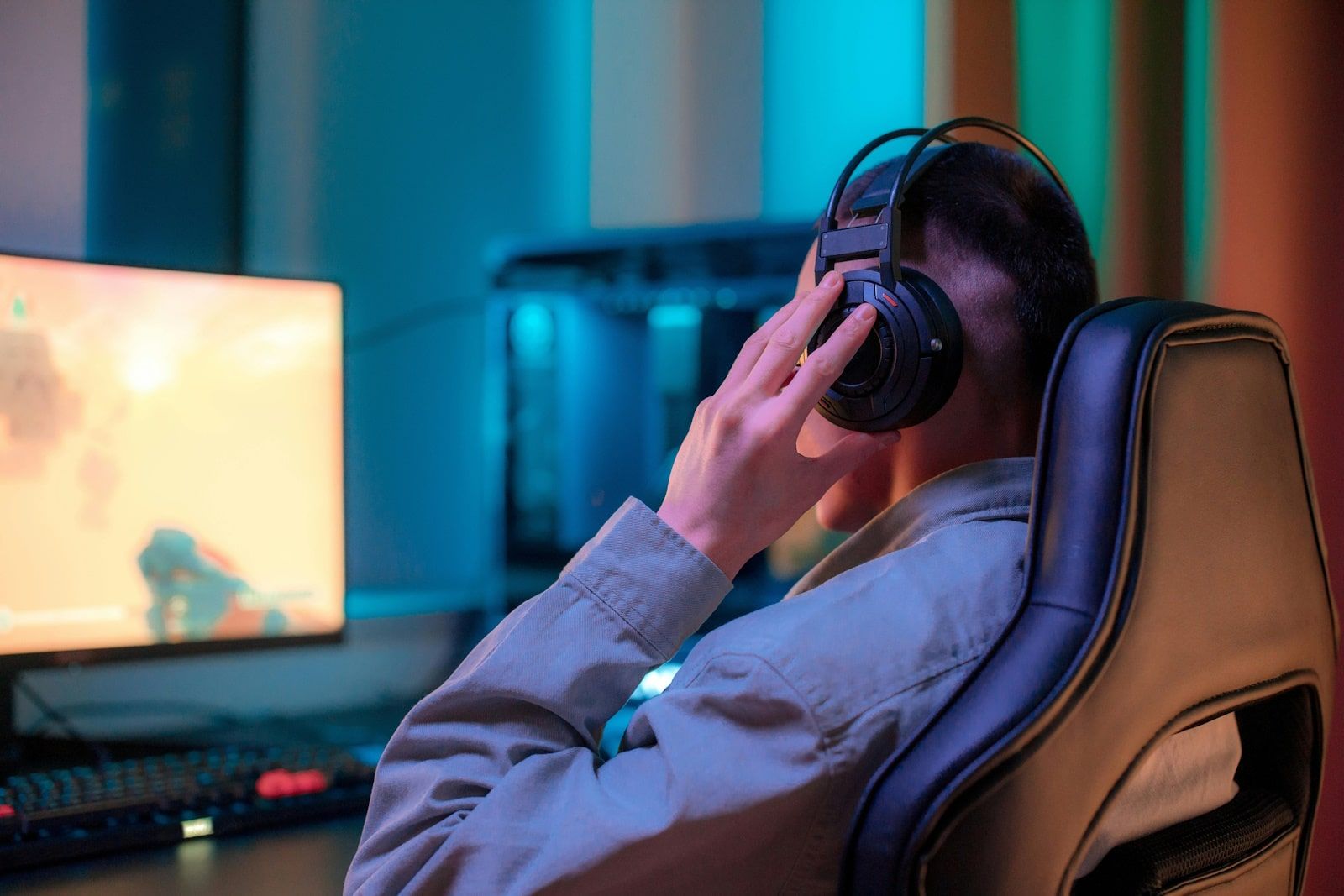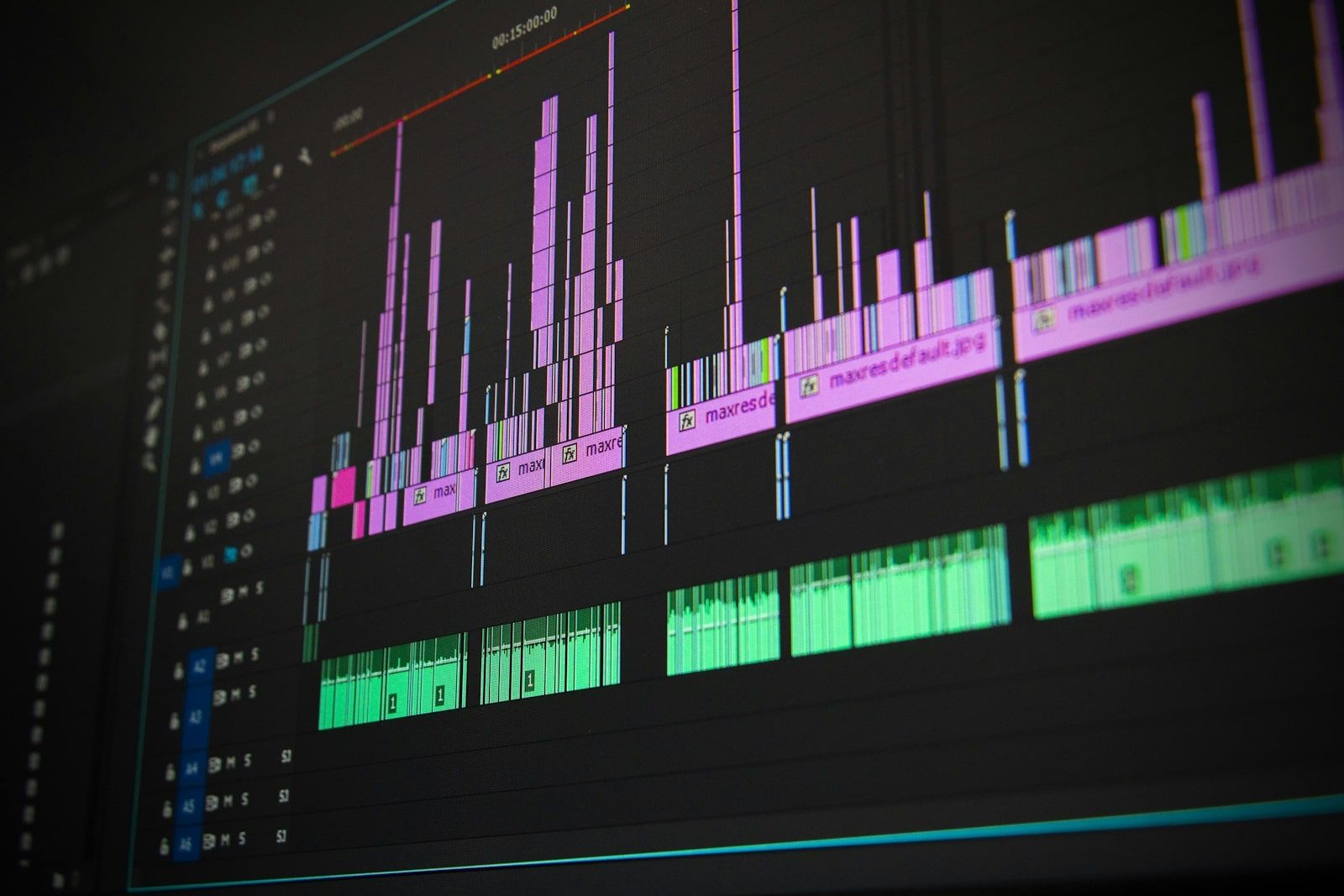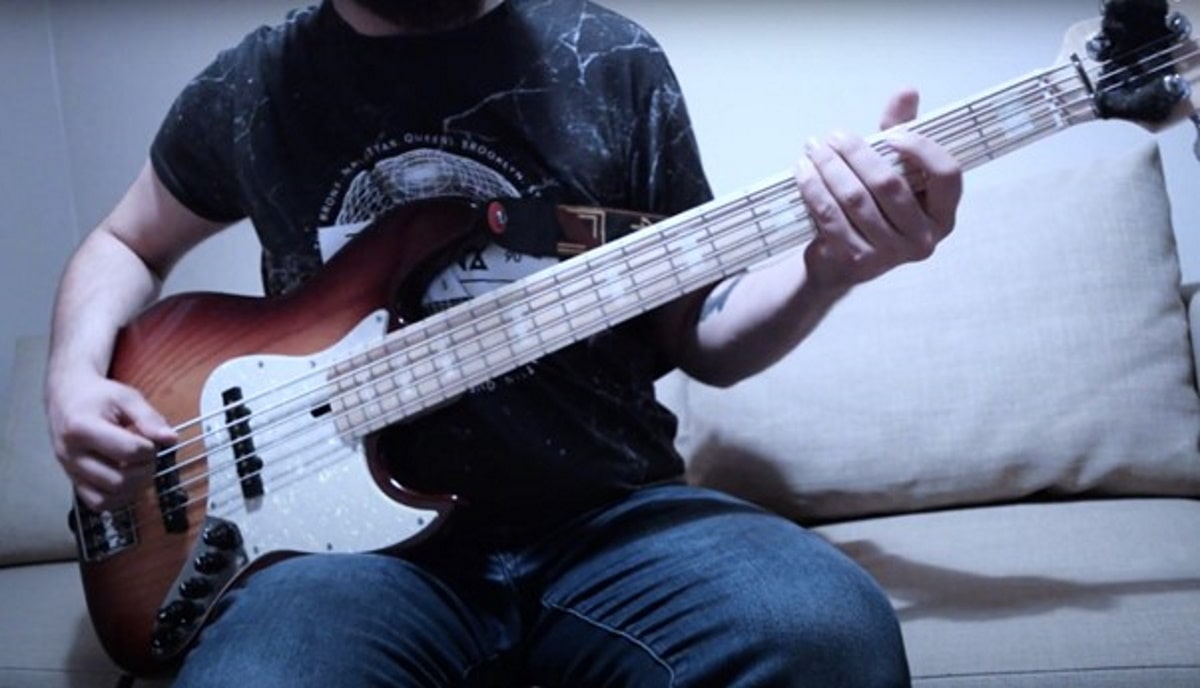Music plays a pivotal role in gaming beyond just being a background element. It profoundly influences player experience, mood, and even performance. By carefully manipulating tempo, tone, and atmosphere, game developers can evoke specific emotions and behaviors from players, enhancing the game’s immersive experience.
The Psychological Impact of Tempo
The tempo of music in games can directly affect the brain’s processing speed and the player’s perceived pace of the game. Fast tempos typically energize players, increasing alertness and reaction times, crucial in fast-paced games like shooters or racing titles. Conversely, a slower tempo can induce a more contemplative or strategic state of mind, ideal for puzzle games or complex strategy games where thoughtful decision-making is key.
Tone and Atmosphere Setting
The tone of the music sets the game’s atmosphere. Minor keys may evoke sadness or tension, which is suitable for darker, more narrative-driven games. Major keys often create an uplifting or heroic feel, enhancing more vibrant and action-packed sequences.
Ambient sounds can transport players to different settings, from the eerie echoes in a horror game to the serene sounds of nature in a peaceful exploration game. This ability to set the mood can make the difference between a good gaming experience and a truly memorable one.
Music in Real-Money Games
Music serves a similar purpose in casino games, especially if we look at fresh titles in the newest anonymous bitcoin casinos that bring players the latest real-money games with innovative designs. It enhances the gaming atmosphere and influences player behavior. The sounds of slot machines, for example, are carefully crafted to provide excitement and anticipation with every spin. The music in poker and blackjack games often aims to create a sophisticated, intense atmosphere, encouraging players to immerse themselves fully in the strategic aspects of the game.
Just as in other genres, the audio in casino games is designed to keep players engaged and emotionally invested. And there are indeed some cool soundtracks to explore! I’ve been using these mobile casinos in South Africa that are actually international, and there are tons of games with OSTs I like, even without a game.
Music’s Role in Player Focus and Emotional Response
Background music is not just for entertainment; it helps players focus by blocking out external distractions. It can also heighten emotional responses, making game events more impactful. For instance, a sudden change in music can signal an impending threat or a significant plot twist, triggering an adrenaline rush or a spike in tension. This emotional manipulation not only makes the game more engaging but also more memorable.
Game Soundtracks as Separate Pieces
Game soundtracks deserve as much recognition as other critical aspects like graphics or gameplay mechanics. They are meticulously designed to align with the game’s theme and progression, enhancing the storytelling and emotional depth. A well-composed soundtrack can become iconic, often remembered fondly by players as a significant part of their gaming experience.
Conclusion
Music is a powerful tool in gaming, capable of transforming the player experience. It shapes the game’s atmosphere, influences emotions, and can even affect cognitive functions like focus and decision-making. Whether in fast-paced action games or in the strategic environments of casino games, music plays a crucial role in making gaming experiences profound and engaging. As we continue to explore the possibilities of sound in games, the importance of music in creating immersive and emotionally resonant gaming experiences cannot be overstated.














